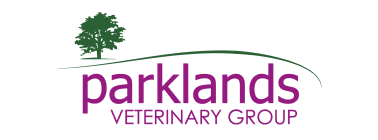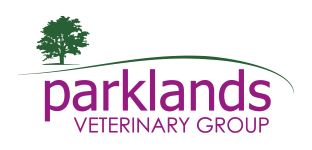Equine Care Services
Our knowledgeable team provide a range of high quality equine veterinary services for your horses.
Scroll down to find out more.
Vaccinations
Routine vaccinations, boosters and starter courses to protect your horse against tetanus, influenza and equine herpes virus.
Routine vaccinations, boosters and starter courses to protect your horse against tetanus, influenza and equine herpes virus.
Passports, certification and microchipping
Travel advice, documentation and preparation to help you and your horse to travel safely and without difficulty. We can help with horse passports and foal registration with the Irish Horse Board and Weatherbys.
Travel advice, documentation and preparation to help you and your horse to travel safely and without difficulty. We can help with horse passports and foal registration with the Irish Horse Board and Weatherbys.
Internal medicine
Using our on-site laboratory, ultrasound machines and sophisticated video endoscopes, we can thoroughly investigate internal medicine disorders such as poor performance, weight loss, a high temperature and colic.
Using our on-site laboratory, ultrasound machines and sophisticated video endoscopes, we can thoroughly investigate internal medicine disorders such as poor performance, weight loss, a high temperature and colic.
Dentistry
We can offer advice on optimal dental hygiene, as well as procedures if and when action is necessary. We have motorised and hand rasps, and can provide wolf teeth removal, dental radiography, oral endoscopy and treatment for nasal and sinus infections caused by tooth root abscesses.
We can offer advice on optimal dental hygiene, as well as procedures if and when action is necessary. We have motorised and hand rasps, and can provide wolf teeth removal, dental radiography, oral endoscopy and treatment for nasal and sinus infections caused by tooth root abscesses.
Lameness examinations
Our experienced equine vets can work up most lameness cases at your yard. Procedures may include stride and limb placement examinations, palpation of limbs and muscles, visual examinations while moving, ridden or working examinations, nerve or joint blocks and x-ray or ultrasound.
Our experienced equine vets can work up most lameness cases at your yard. Procedures may include stride and limb placement examinations, palpation of limbs and muscles, visual examinations while moving, ridden or working examinations, nerve or joint blocks and x-ray or ultrasound.

